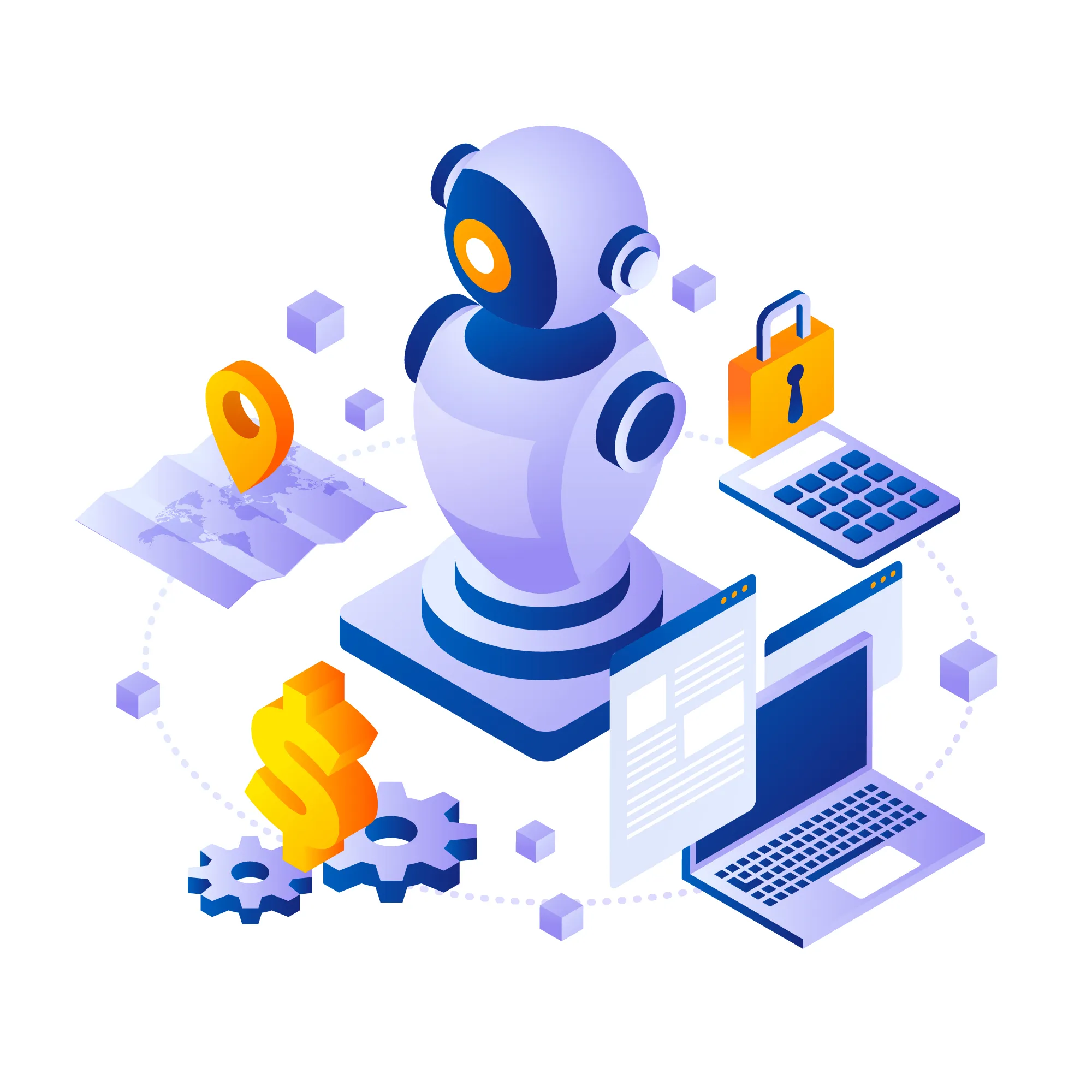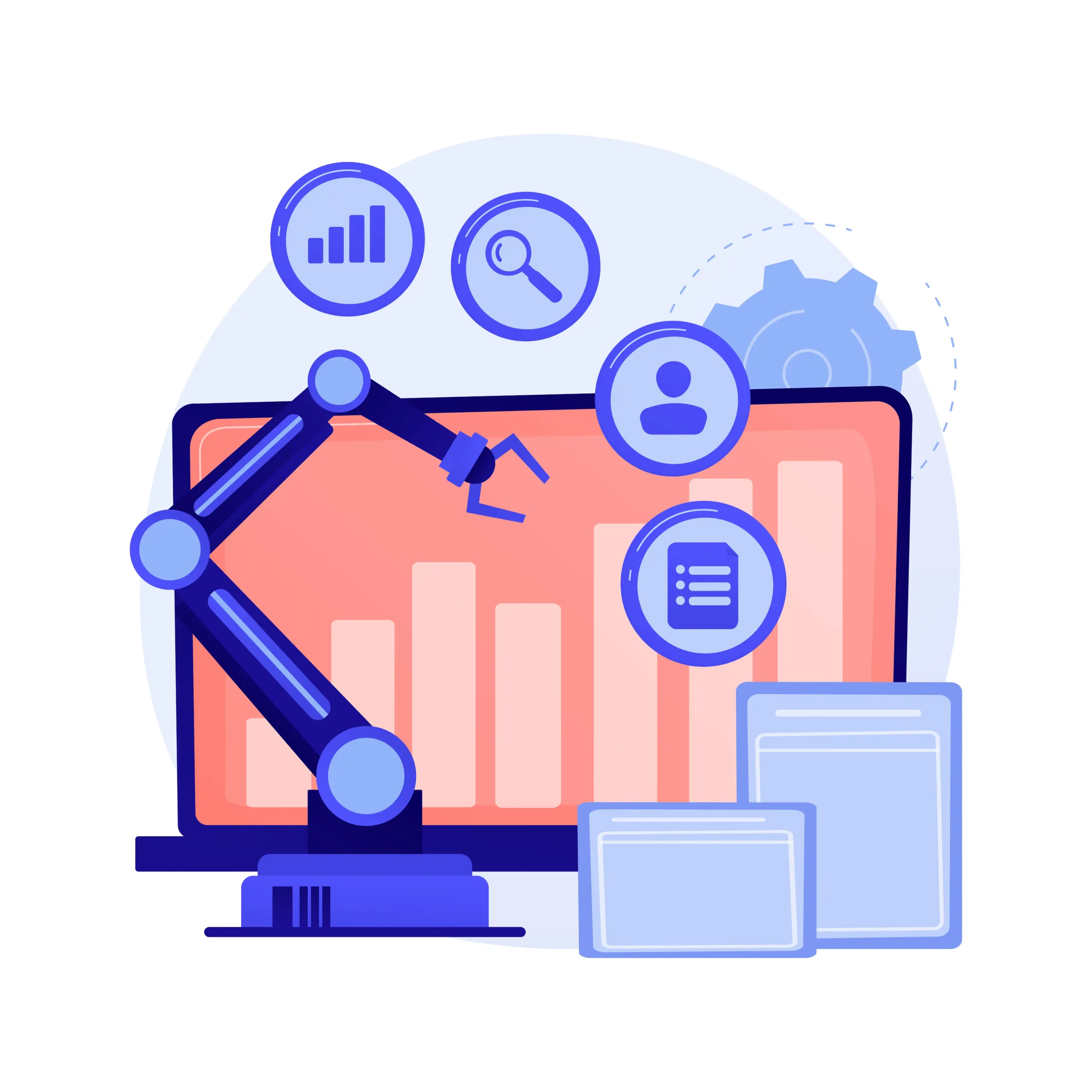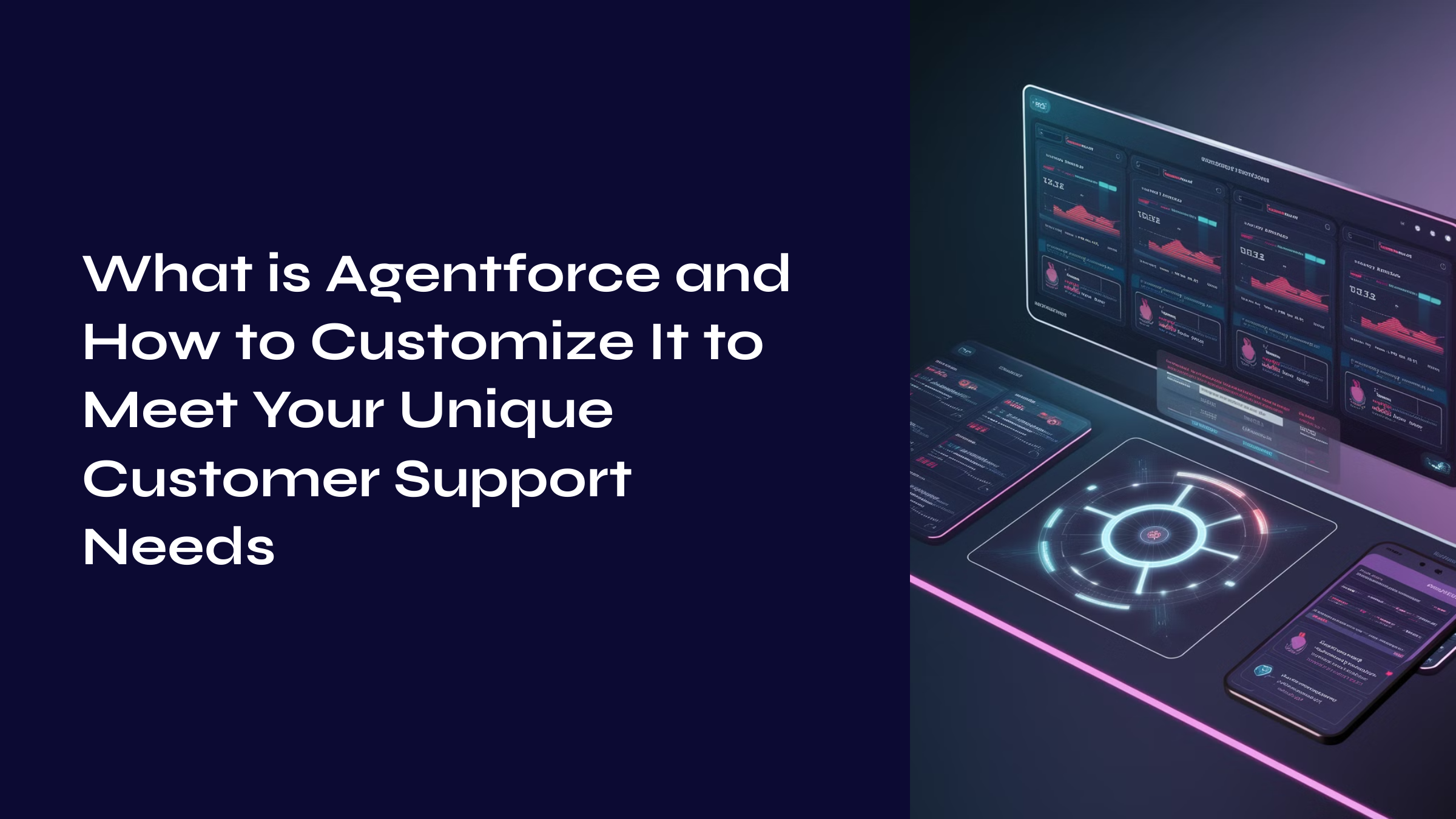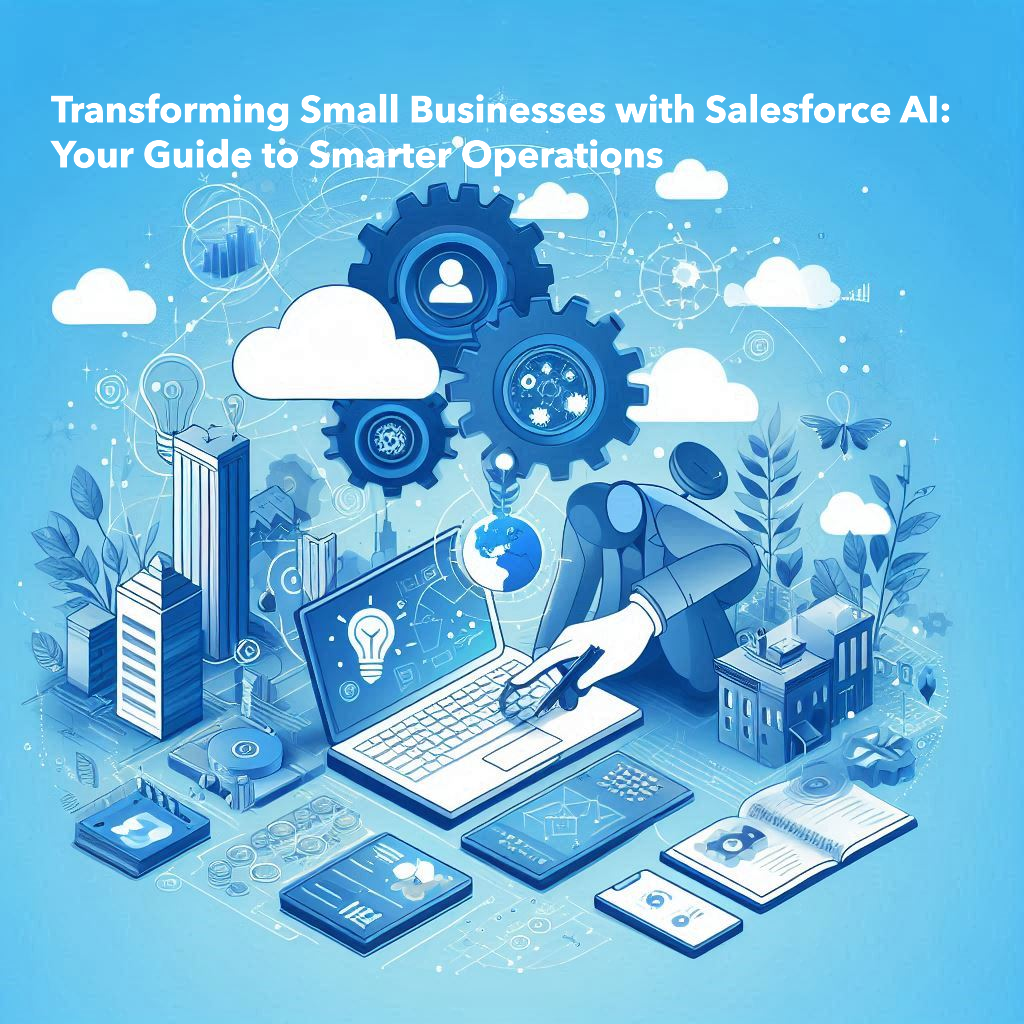Salesforce consulting Services
Your Trusted Partner for Salesforce Optimization
Driving Progress with advansappz: Transforming Business Value into Success
Success in business demands agility, resilience, and consistently exceptional experiences for customers, partners, and employees. At advansappz, we don’t just create value – we drive progress.
Partnering with advansappz means collaborating closely to co-create, reimagine, and engineer cutting-edge Salesforce solutions. Our expertise in AI and automation, combined with a customer-centric approach, ensures tailored strategies that unlock transformative experiences across industries.
Innovate, Automate, Predict Salesforce with AI, Quickly and Efficiently
Experience the Power of Advanced AI with advansappz and Salesforce
Discover the power of artificial intelligence with advansappz. Leverage Salesforce Einstein to make smarter decisions, automate processes, and deliver personalized customer experiences at a new level. Our expert team ensures flawless integration and optimization of AI technologies, empowering your business to lead in today’s competitive landscape.

advansappz Salesforce AI Solutions
Transform Your Customer Experience with AI, Data, and CRM
Custom-fit AI solutions that seamlessly integrate with your Salesforce platform
Enhances functionality and aligns with your business objectives
Provides a seamless user experience tailored to your unique needs



Our Salesforce Services
As a trusted Salesforce Implementation Partner, advansappz is dedicated to solving your most complex business challenges. We leverage industry-specific Salesforce solutions, proven blueprints, and advanced cloud transformation capabilities to optimize your Salesforce experience.
Our services include expert advisory on Salesforce strategy, comprehensive health assessments, and seamless customization and integration. We also offer specialized implementation and efficient data migration services to ensure a smooth transition. With our support, your business will achieve maximum user adoption, enhanced functionality, and overall satisfaction with Salesforce.
Maximize Your Salesforce Potential
From advising on the best Salesforce strategy to conducting a comprehensive health assessment of your current setup, we are here to ensure that your switch to Salesforce is seamless and effective. Our services extend to customization and integration to ensure that your specific business requirements are met and that you have the support you need for maximum adoption and user satisfaction.
Salesforce Advice
Our team of Salesforce-certified experts will provide you with personalized advice on how to best use Salesforce to achieve your specific business goals.
Salesforce System Health Check and Optimization
Our health assessment service will evaluate the health of your Salesforce setup, identify areas for improvement and provide recommendations to help you optimize your investment.
Switching to Salesforce CRM Services
If you're considering switching to Salesforce from another CRM, our team can help you navigate the transition process and ensure a smooth and successful switch.
Salesforce Customization Services
Unlock the full potential of Salesforce with our expert customization. We enhance your Salesforce environment by tailoring objects, fields, data models, and user permissions. Utilizing default customization capabilities and declarative automation tools, we go beyond out-of-the-box features to meet your unique business needs.
Salesforce Integration Services
Streamline your operations with our expert Salesforce integration solutions. We ensure seamless data flow between Salesforce and other systems like ERP, accounting, marketing, document management, and customer service tools. Our solutions use existing APIs, AppExchange apps, or custom-built modules for efficient and effective integration.Explore our Salesforce Integration Best Practices: A Comprehensive Guide for 2024 to learn effective strategies for integrating Salesforce with your systems and optimizing your operations.
Salesforce Adoption and User Support Services
Our team will support Salesforce adoption and help you ensure that all users are making the most of this powerful platform.
Salesforce Implementation Services
Transform your business with advansappz’s expert Salesforce implementation services. We specialize in Sales Cloud, Marketing Cloud, Service Cloud, Commerce Cloud, Pardot, and Einstein Analytics. Experience seamless integration and maximize your Salesforce investment with our end-to-end services. Check out our Ultimate Guide to Cost-Effective Salesforce CRM Implementation for key strategies to optimize your Salesforce deployment.
MuleSoft Services
Experience top-tier system integration, workflow automation, and unified data access with advansappz’s MuleSoft services. Leveraging MuleSoft’s Anypoint Platform, we deliver world-class solutions that guarantee seamless connectivity, consistent processes, and superior data management for your enterprise. Discover more ->
Salesforce Managed Services
Optimize your Salesforce investment with our expert Managed Services. We provide proactive support, seamless maintenance, and tailored optimization to ensure your CRM operates at peak efficiency. From administration and custom development to integration and user support, our team handles it all, so you can focus on growing your business.
Salesforce Advice
Our team of Salesforce-certified experts will provide you with personalized advice on how to best use Salesforce to achieve your specific business goals.
Salesforce Health Assessment
Our health assessment service will evaluate the health of your Salesforce setup, identify areas for improvement and provide recommendations to help you optimize your investment.
The Switch to Salesforce
If you're considering switching to Salesforce from another CRM, our team can help you navigate the transition process and ensure a smooth and successful switch.
Consulting for Customization and Integration
Salesforce offers a wide range of customization and integration options, but it can be difficult to know where to start. Our consultants can help you determine the best approach for your business and ensure seamless integration.
Adoption and User Support
Our team will support Salesforce adoption and help you ensure that all users are making the most of this powerful platform.
Salesforce Implementation Services
Transform your business with advansappz’s expert Salesforce implementation services. We specialize in deploying Salesforce solutions, including Sales Cloud, Marketing Cloud, Service Cloud, Pardot, and Einstein Analytics. Benefit from seamless integration, advanced features, and a smooth transition. Maximize your Salesforce investment with our comprehensive, end-to-end services.
MuleSoft Services
Experience top-tier system integration, workflow automation, and unified data access with advansappz’s MuleSoft services. Leveraging MuleSoft’s Anypoint Platform, we deliver world-class solutions that guarantee seamless connectivity, consistent processes, and superior data management for your enterprise.
Industry-Specific Solutions for Your Business
Our services cater to a range of industries, from real estate to healthcare and finance. With a focus on delivering tailored solutions, we can help you take advantage of the many benefits of a Salesforce-powered CRM, whether it be in digital trade or in optimizing your real estate business operations.

Check Out Our Blogs
Talk to an Expert.
Leverage cloud technology to accelerate growth. Strengthen your CRM, boost sales, and optimize operations with our expert Salesforce solutions.
Frequently Asked Questions
Do you have additional questions?
advansappz provides a range of Salesforce consulting services, including implementation, customization, integration, data migration, and ongoing support. Our expert team helps businesses optimize Salesforce to meet their specific needs and drive growth.
advansappz customizes Salesforce by adapting the platform to fit your business processes and workflows. This includes designing custom objects, creating tailored reports and dashboards, and modifying user interfaces to enhance usability and functionality.
Salesforce implementation services at advansappz include system setup, configuration, data migration, and integration with existing tools. We ensure a smooth transition to Salesforce with minimal disruption to your operations and provide training to help your team effectively use the system.
advansappz supports Salesforce integration by connecting Salesforce with other business systems and applications. We use advanced tools and techniques to ensure seamless data flow and interoperability, enhancing overall system efficiency and consistency.
advansappz offers comprehensive ongoing support, including troubleshooting, system updates, and user training. Our support services ensure your Salesforce system remains efficient and effective as your business evolves.








